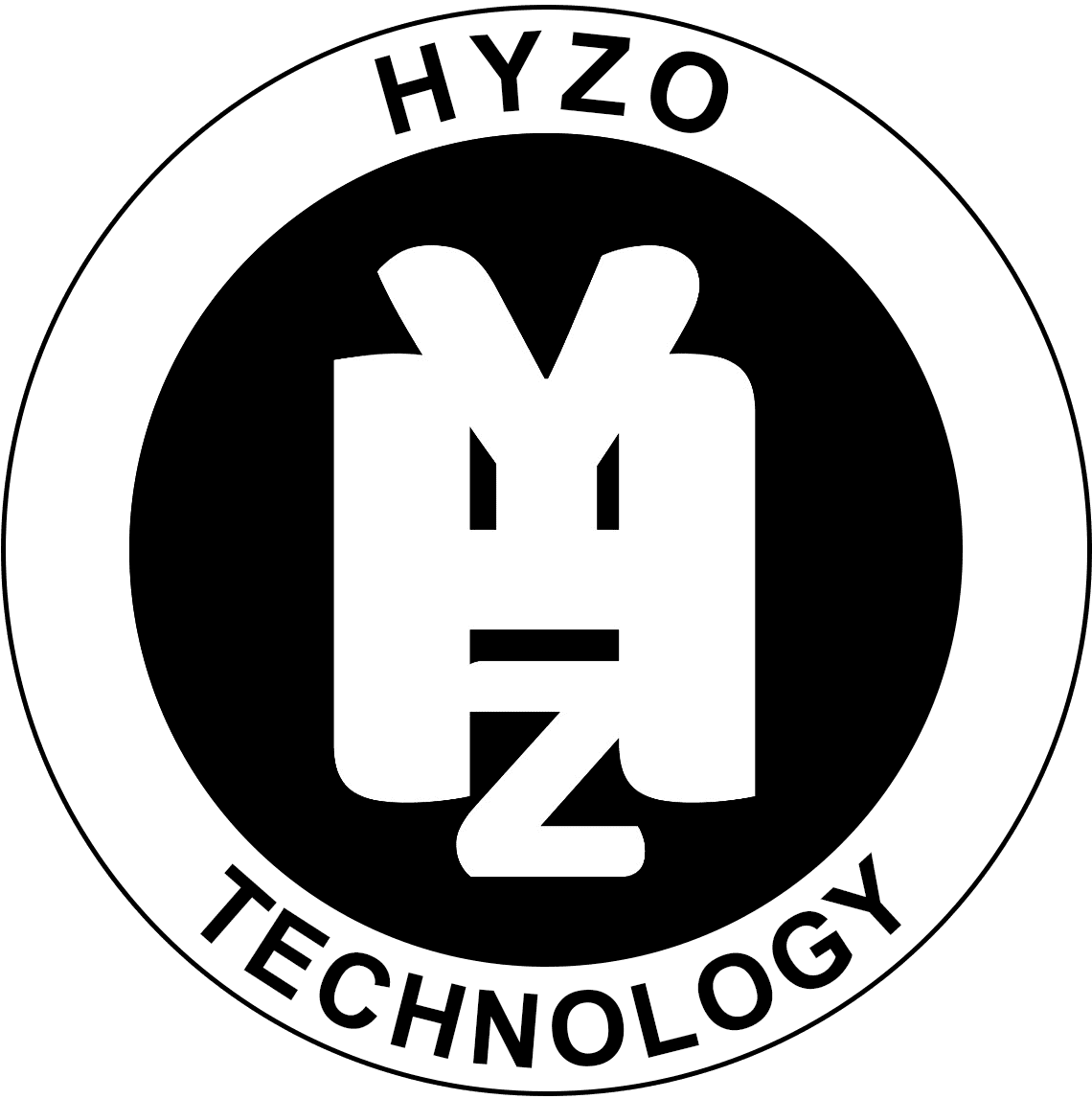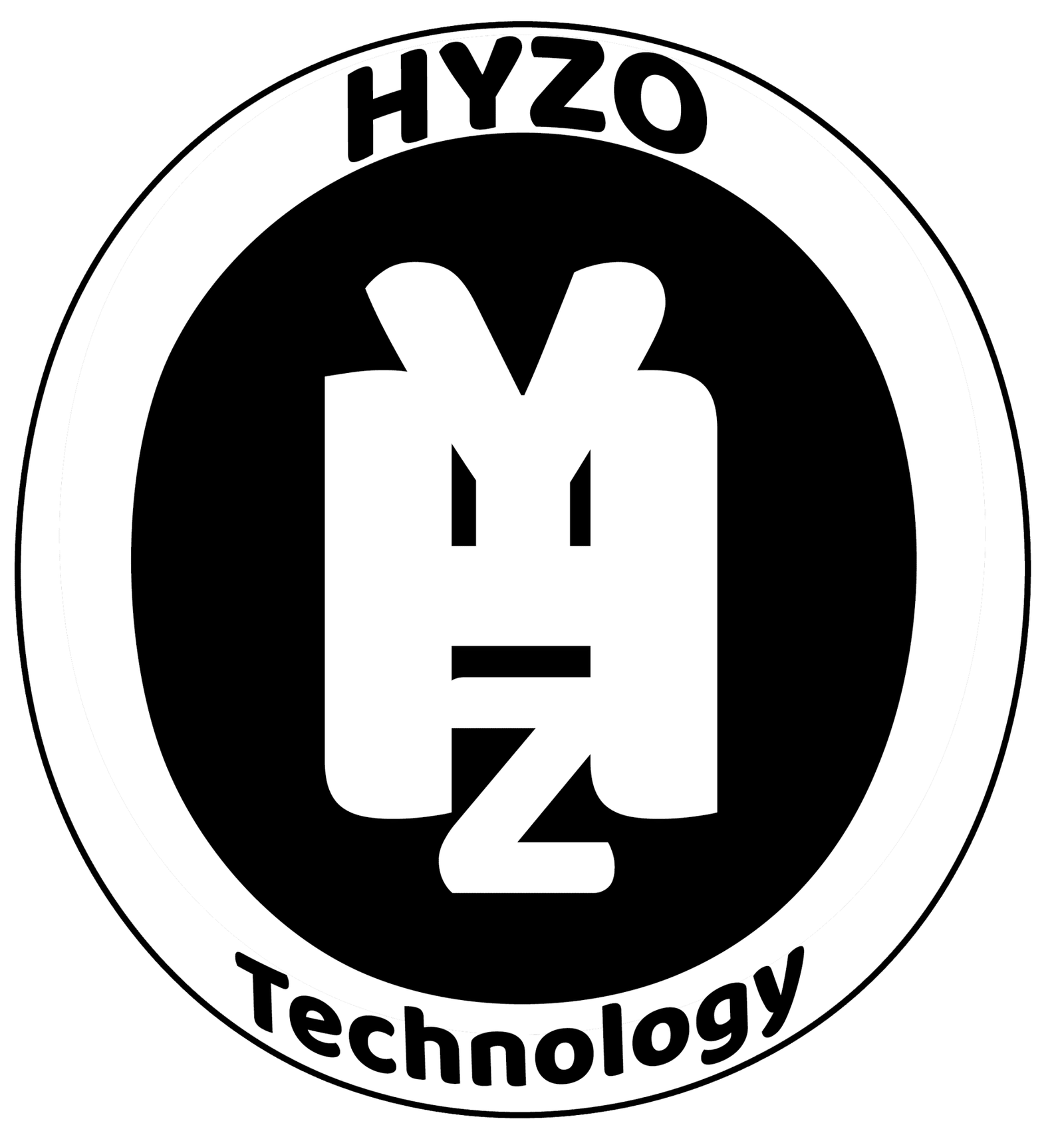The Industrial Revolution was a turning point in human history, marked by the mechanization of production processes. However, the current digital age represents an even greater leap forward, driven by technologies that enable smarter, faster, and more efficient industrial operations. The convergence of the Internet of Things (IoT), machine learning, and robotics is reshaping the traditional industry landscape, and companies like Haizo are at the forefront of this transformation.
Automation and Robotics: Enhancing Efficiency
One of the most significant impacts of modern technology on industry is the rise of automation and robotics. Automated systems can perform repetitive tasks with precision and speed that far exceed human capabilities. For example, robotic arms in assembly lines at Haizo’s facilities enhance production speed while maintaining consistent product quality. This level of automation not only reduces production costs but also minimizes human error, leading to higher customer satisfaction.
Furthermore, robots equipped with AI capabilities learn from past experiences, allowing continuous improvement in performance. This adaptive technology enables manufacturers to optimize processes and reduce downtime.
Artificial Intelligence and Predictive Maintenance
AI is a game-changer in modern industry. Predictive maintenance powered by AI algorithms analyzes data from sensors embedded in machinery to predict potential failures before they occur. Haizo utilizes this technology to reduce maintenance costs and avoid unplanned downtime. By monitoring equipment health in real time, the company ensures uninterrupted production and maximizes operational efficiency.
Additionally, AI-driven quality control systems automatically detect defects in products, ensuring that only high-quality goods reach customers. This application enhances brand reputation and reduces waste.
Data Analytics: Driving Informed Decisions
Big data and advanced analytics are transforming decision-making in manufacturing. Companies collect vast amounts of data from machines, supply chains, and customer interactions. At Haizo, advanced data analytics tools analyze these datasets to identify patterns, predict market trends, and optimize resource allocation.
For instance, data-driven insights help streamline inventory management, reducing storage costs and ensuring timely delivery of raw materials. This approach fosters a more agile and responsive manufacturing environment.
Cloud Computing and Collaborative Work
Cloud computing has revolutionized how industries manage information. Cloud-based platforms provide scalable solutions for data storage, process management, and collaboration. Haizo leverages cloud technology to connect teams across different locations, enabling seamless communication and efficient project management.
The cloud also supports remote monitoring of production lines, allowing supervisors to oversee operations from anywhere in the world. This flexibility improves management efficiency and accelerates decision-making.
Sustainability and Green Manufacturing
Modern technology also plays a pivotal role in promoting sustainable industrial practices. Energy-efficient machinery, waste reduction systems, and smart energy grids are just a few examples of how innovation fosters eco-friendly production. At Haizo, sustainability is a core value, and the integration of green technologies minimizes environmental impact while reducing operational costs.
For example, smart sensors monitor energy usage in real time, optimizing consumption and reducing carbon footprints. Additionally, renewable energy sources, such as solar power, are integrated into Haizo’s operations to achieve long-term sustainability goals.

